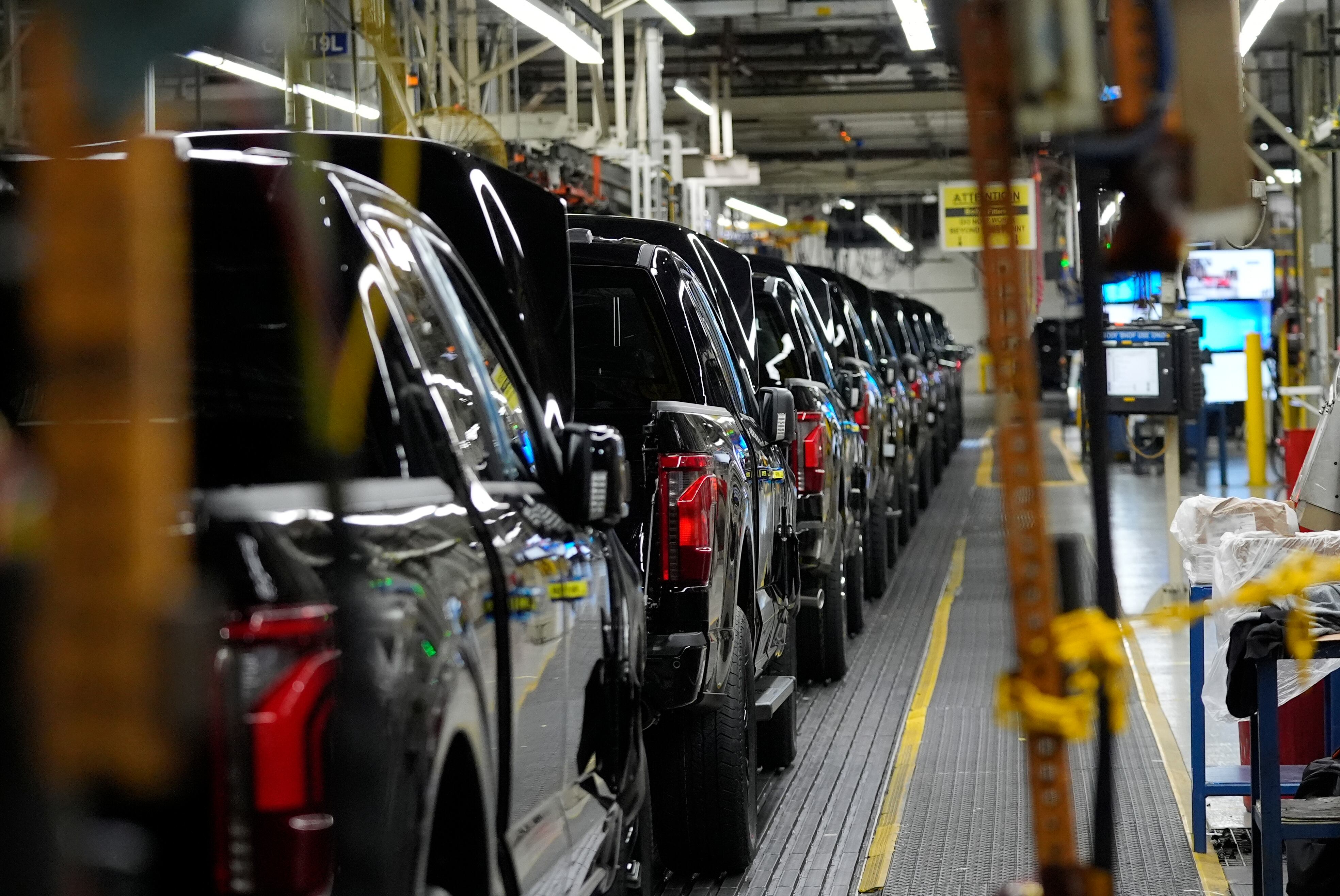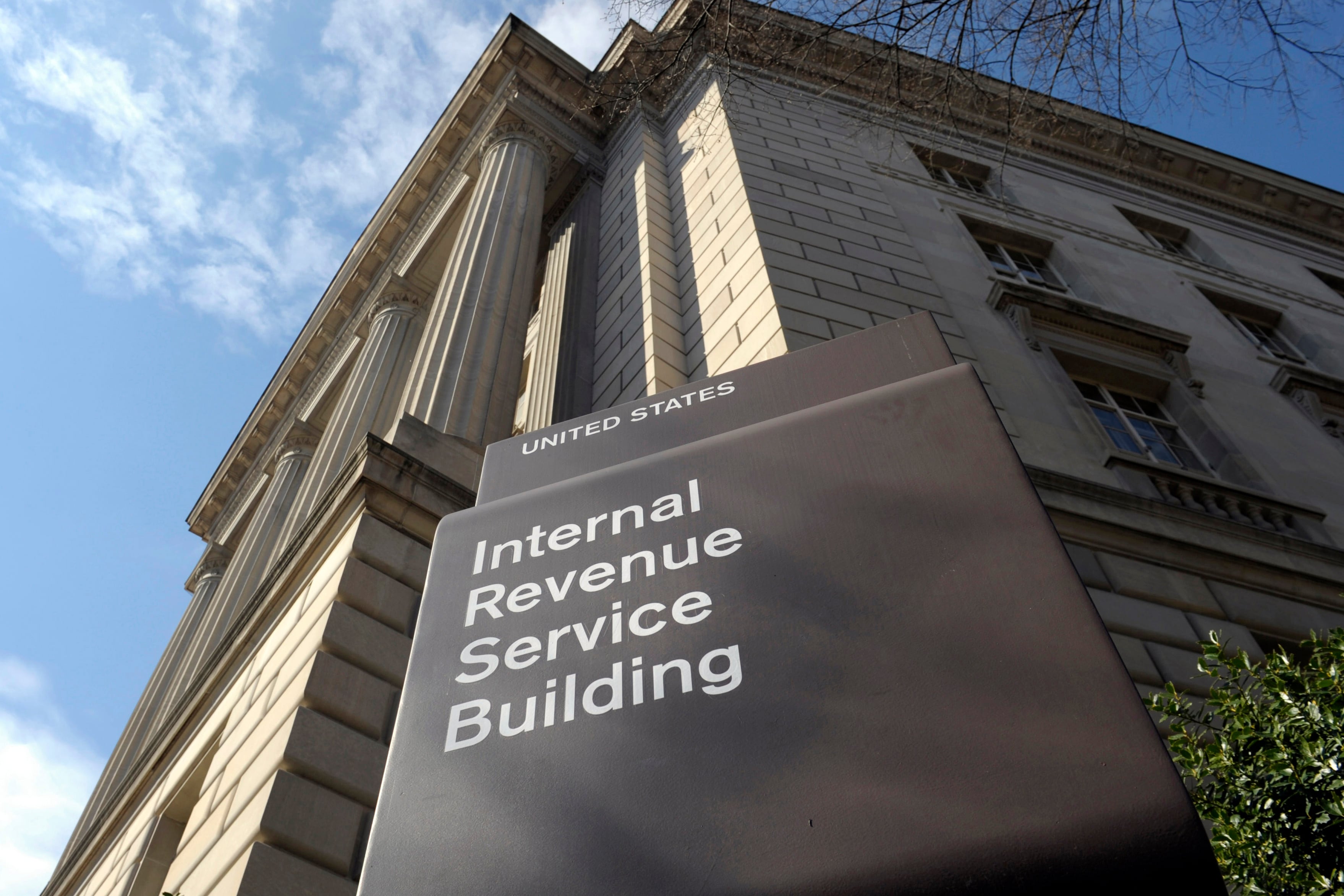By Christopher Rugaber
The number of laid-off workers seeking U.S. unemployment benefits rose to 1.1 million last week after two weeks of declines, evidence that many employers are still slashing jobs as the coronavirus bedevils the U.S. economy.
The latest figures suggest that more than five months after the viral outbreak erupted the economy is still weak, despite recent gains as some businesses reopen and some sectors like housing and manufacturing have rebounded. A rising number of people who have lost jobs say they consider their loss to be permanent.
The total number of people receiving unemployment aid declined last week from 15.5 million to 14.8 million, the government said Thursday. Those recipients are now receiving far less aid because a $600-a-week federal benefit has expired, which means the unemployed must now get by solely on much smaller aid from their states. The loss of the federal benefit has deepened the struggles for many, including a higher risk of eviction from their homes.
President Donald Trump has signed an executive order to provide $300 a week in federal unemployment aid, with money drawn from a disaster relief fund. Twenty-five states have said they will apply for the federal money, though they would need to revamp their computer systems to do so. Other states are still considering whether to take that step; two have said they won’t.
Some states may be hesitating to overhaul their unemployment systems because they expect Congress to eventually pass a new rescue package with an enhanced jobless benefit that might not require any changes.
In states that decide to pay out the $300, the government estimates it would take three weeks, on average, for the states to send the money to the unemployed. And initially only enough money is being allotted to cover three weeks of payments. Even with subsequent grants, analysts estimate that there would be enough money to last only five or six weeks.
The continuing stream of layoffs comes against the backdrop of a modest recovery from a deep recession and a virus that is still paralyzing much of the economy. Home construction and sales have bounced back. So have auto purchases. But spending on travel, entertainment and many other services remains weak. Small businesses are struggling. And unemployment, at 10.2%, remains elevated.













